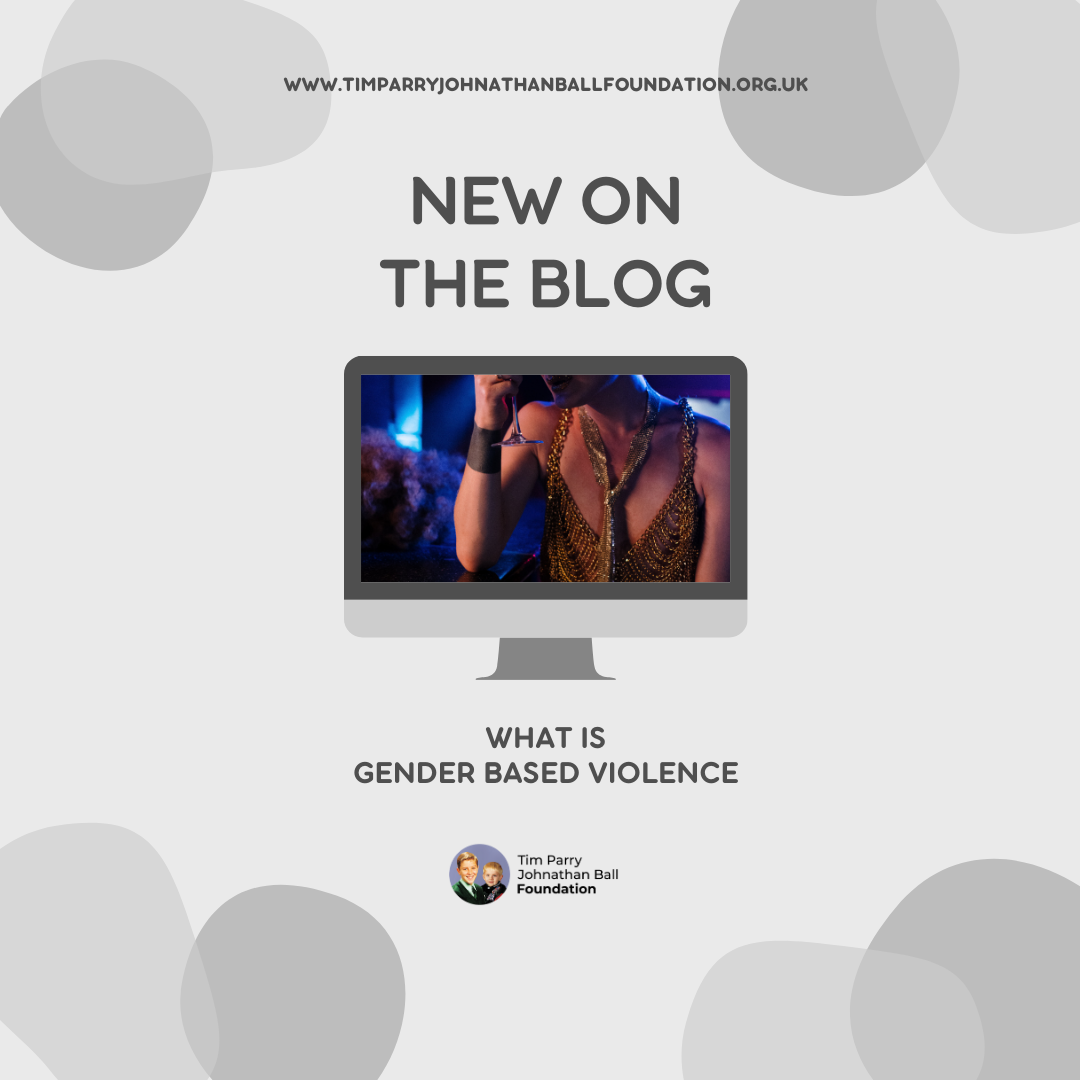
Gender-based violence occurs primarily because of the gender or perceived gender of the victim. Anyone – women, girls, men, and boys – can fall victim to violence simply because of their sex or gender, though women and girls especially are at risk.
It is estimated one in three girls will experience sexual or physical violence in their lifetime.
GBV is also referred to as Violence against Women, as historically the crime has primarily affected women. However, in the last few years, the definition has been expanded to cover anyone who is experiencing crime or violence due to their gender.
Transgender issues have become more mainstream with trans individuals reporting incidents of gender-based violence.
GBV reflects an imbalance of power that seeks to humiliate and make a person or group of people feel inferior and/or subordinate. Violence of this type is deeply rooted in social and cultural structures.
GBV can be sexual, physical, verbal, psychological (emotional), or socio-economic and it can take many forms, from verbal violence and hate speech on the internet, to rape and murder. It can be perpetrated by anyone – a current or former spouse or partner, a family member, a colleague from work, a schoolmate, a friend, an unknown person, or people who act on behalf of cultural, religious, or intra-state institutions.
There is no single factor that can explain gender-based violence in our societies but rather several factors that contribute to it, and the interplay of these factors lies at the root of the problem.
Four Factors:
Cultural – Patriarchal and sexist views can be used to legitimise violence and maintain male dominance and superiority. Other cultural factors include religious and historical traditions that have sanctioned the physical punishment of women.
Legal – Being a victim of gender-based violence is perceived in many societies as shameful and weak, with many women still being considered guilty of attracting violence against themselves through their behaviour. This accounts for enduring low levels of reporting and investigation.
Economic – The lack of economic resources generally makes women, but also LGBT+ people particularly vulnerable to violence. It creates patterns of violence and poverty that become self-perpetuating, making it extremely difficult for the victims to extricate themselves. When unemployment and poverty affect some men, it can make them assert their masculinity through violent means.
Political – The under-representation of women and LGBT+ people in power and political life reduces their opportunities to shape the discussion, affect policy changes, or adopt measures to combat gender-based violence and support equality.
Tim Parry Johnathan Ball Foundation.
Non-Formal Education:
The Foundation uses non-formal education, to equip individuals with critical thinking, emotional awareness, and conflict management skills. By addressing the frustrations of social isolation, we promote empathy, respect for others, and healthy communication, challenging the distorted beliefs and negative attitudes propagated within communities.
Community Cohesion:
Building bridges and facilitating dialogue within communities addresses the divisive nature of gender-based violence. The Foundation fosters understanding, connection, and social bonds, challenging the isolation and alienation experienced, promoting inclusivity, and creating alternative support networks.
Promoting Positive Development:
In our work, we explore and expose the underlying factors contributing to social exclusion, such as inequality, limited education, and poor employment opportunities. We advocate for conditions that foster inclusivity and equal opportunities for all, in our schools, youth groups, workplaces, and communities.
By addressing root causes, promoting empathy, and fostering positive development, the Foundation actively works for a more inclusive and peaceful society. Recognising the severity of gender-based violence and collaborating with various stakeholders, the Foundation is playing a vital role in preventing, resolving, and responding to incidents of violence. Together, we can challenge the threat, ensure safety, and foster a society that values the rights and dignity of every individual.
To learn more about the Foundation and how you can get involved, please visit our website at www.timparryjohnathanballfoundation.org.uk or contact us at info@timjon.org.uk or call 01925 581231.

